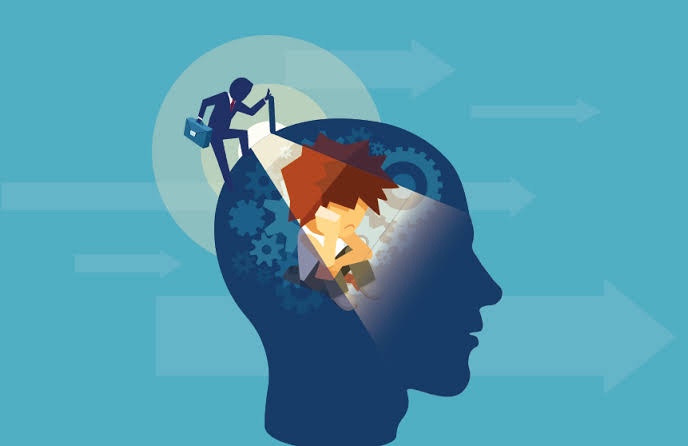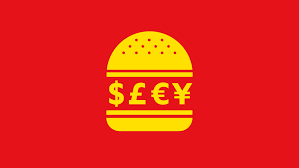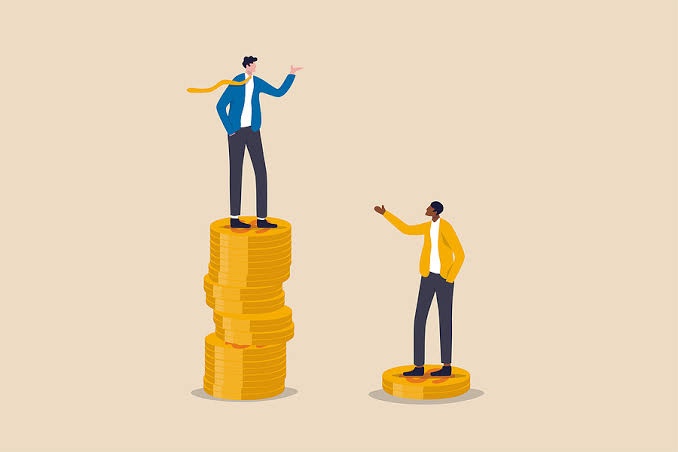This year when we were introduced to utility theory, we learnt of one of the pivotal pillars that almost all economic theory tactfully balances on – the assumption that all consumers are rational individuals. As economics students, we had had our fair share of these statements, but as a psychology student, I was absolutely appalled; no one could ever make the right decision all the time, especially important economic ones.
Humans are riddled with unruly emotions, complicated feelings, and consequently contradictory biases, all contributing to innately irrational behaviour. In fact, behavioural economics, a niche junction between psychology and economics strives to explain just that, and whether it really is as bad as we think!
Consumer theory almost poetically states that consumers always choose the product that lets them derive maximum utility or satisfaction from a list of possible alternatives. However, that is not always the case; as seen in classic examples of demerit goods like cigarettes, where addiction/social pressures can distort consumer preference, with no link to utility. However, irrational behaviour is seen in all of us – and can be as mundane and ordinary as fumbling around in a buzzing bazaar – faced with the curse of choice rather than its ‘convenience’. Well, there’s some good news – recent research shows that our apparent squandering can all be blamed on evolutionary biology.
Behavioural ecologist Tanya Latty, University of Sydney, explains that in the natural world, choices are almost never made between simultaneously occurring options, but instead sequentially. So picture this – you, a deer in the woods, are searching for lunch. Your big important decision for today is not to choose between grass or wildberry, but if you found grass first, do you begin to dig in, or keep looking for berries? Let’s now hypothesise that you are a deer today, who somehow knows what a supermarket is, (and miraculously figured out the complexities of the money system), and you had to choose between twenty kinds of locally-sourced grass, while also browsing a vast selection of imported berries. After all that trouble, you would resort to defying your genetic dietary choices and just go hunt a rabbit. So as a human, don’t feel too bad about your impromptu purchases!
Another noteworthy theory is the ‘satisficing’ explanation coined by Nobel laureate Herbert Simon, who proposes a possible middle ground to the utility maximisation theory and completely irrational behaviour (i.e. close to no satisfaction derived) – choosing a ‘good enough’ option given the cost, time period and data required. An interesting yet plausible instance would be the difficult choices of survival faced by our pre-historic ancestors in the wild. For example, when cornered by a lion, attacking with fire would be the most optimal choice to eradicate danger as opposed to pelting rocks, but the latter provides the best solution given the immediacy of the problem (and of course, the fear of being lunch instead).
Since time immemorial, as economic students we have been taught that all irrational behaviour does is distort the economy and disadvantage society. But now that we are heading closer to realising that ‘irrational’ behaviour may just be a result of the hardwiring in our brain, can it benefit our current economy too?
The short answer? It already does.
Almost all our decisions as modern consumers are the ‘satisficing’ kind, because we never really have enough time or information to find the best product every time. Consider all the small-scale businesses we take a chance on, without much prior knowledge – our ‘uninformed’ decision ultimately helps these entrepreneurs grow and create jobs for the economy. What about altruism and charity, which offers no tangible economic reward for giving money or time to help the underprivileged. The economic cost of such decisions are evidently, quite large, and yet we do it anyway – the ‘irrationality’ of our behaviour is actually a misnomer for our conscience and heart, that can sometimes be even more ‘efficient’ at achieving equality than corrupt or broken government channels instead. Even from the producer’s perspective, hiring the college dropout who shows exponential promise rather than an unenthusiastic Ivy League graduate – clearly having higher human capital – may be the difference between profitability, and exiting the market.
So, while as economics students, we love to quickly move past the easy assumptions and jump to the LRAC’s and Laffer Curves of our textbooks, it is becoming increasingly relevant to discern the answers for the big questions in the small ones we left behind. And as the Mad Hatter said, with minimal modification, ‘We’re all quite irrational here, you’ll fit right in!’
-Toshani Dutta, A2-C






Leave a comment